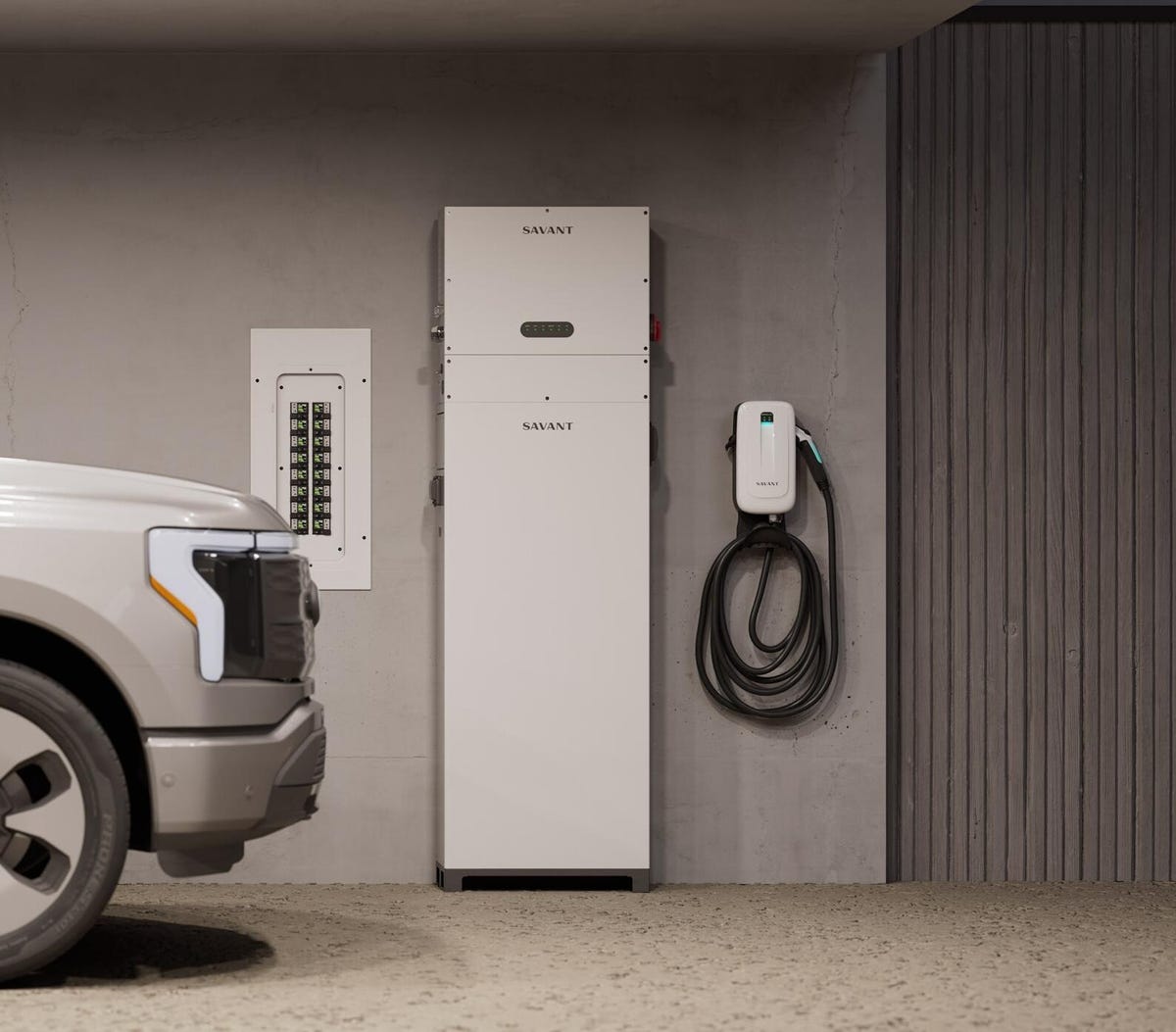No one likes to get left in the dark, but the fact is that it is becoming a more common experience. In the United States, the average household experienced five and a half hours without power in 2022, according to the Energy Information Administration. Major power outages are becoming more common, with 64% more outages occurring between 2011 and 2021 than during the previous decade. Most of those outages were weather-related.
While addressing the conditions that cause extreme weather requires systemic solutions, you can keep the lights on and gain a little peace of mind with a home generator. Generators come with a cost that may make them seem more of a luxury than a necessity.
Consider the costs of a home generator, understand the installation process, and know what to expect from this backup power source. Then you can make an informed decision as to whether you want your home generator to kick on when the lights go out, if you’re better suited to an alternative or comfortable and prepared to remain in the dark until the outage passes, even as they become more and more common.
How much does a home generator cost?
The cost of a home generator will depend on several factors, from its make and model to its power capacity and features. According to HomeAdvisor, the typical cost of a whole-home generator lands between $5,000 to $25,000.
One of the biggest factors in the price of a generator is how much it will have to power, typically measured in kilowatts (kW). According to the United States Energy Information Administration, the average American household uses just short of 900 kWh per month, about 30 kWh per day. Typically, generators with 20 kW of capacity are considered whole-home generators and cost more. If a generator has less than 10 kW of power, it’s meant for smaller jobs and will cost less.
Another factor that plays a significant role in the cost of a generator is the fuel source. Gasoline-powered generators are the most common type of generator and typically cost less than alternatives like solar battery backups, which store electricity for you to use when you need it.
You will have to factor the cost of the fuel itself into this equation, as you’ll need to fuel the generator to use it. Some home generators run on natural gas, which is typically cheaper than gasoline. Propane is a common fuel source for portable generators, less so for whole-home options. Diesel is considered to be the most efficient generator fuel, although it is less effective in cold temperatures. These trade-offs and considerations will play into your decision.
Generator installation, maintenance and other costs
“The largest expense by far is the cost of purchasing and installing the generator,” according to Don Whaley, founder and former president of Direct Energy. Installation costs will vary by the type of generator you purchase.
With a portable generator, there is no real installation cost. A whole home generator, by contrast, is a more permanent structure that requires proper setup. Installation costs include labor and electrical work including circuitry and transfer switches. It may include installing a concrete pad for the generator. All that can cost between $500 to $5,000, according to HomeAdvisor.
Maintaining a generator carries a small annual cost. You should also get your generator inspected before seasons when you’re most likely to need it. This can cost as much as $80 to $300.
Then there is the cost of actually running a generator, which varies by type of generator. Estimates from HomeAdvisor suggest that if you are operating a whole home generator that is powered using diesel or propane, you can expect to pay around $200 per day for 20 kW of power. A portable gas generator providing 5 kW of power can cost around $100 per day to run, depending on gas prices.

Backup batteries are a relatively new alternative to home generators.
Alternatives to a home generator
Generators that keep your whole home powered in an outage may be too costly or overkill for some households. Some alternatives can power a room or essential systems throughout your home at a cost that may better fit your budget.
A portable generator, typically designed to provide power to a single room for a limited period, typically costs between $500 to $2,000, compared to $5,000 to $18,000 for a whole home option. There are also critical systems generators, which are meant to support essential systems including heat, lighting and kitchen appliances. You can expect a critical systems generator to cost $2,000 to $6,300.
These systems typically run on fossil fuel sources, but there are solar options available, as well. Most solar and battery storage options cost more, especially for higher capacity, but can operate without fossil fuels.
FAQs
The cost of a home generator varies depending on the features, capacity, fuel source and other variables. In general, you can expect a home generator to cost between $5,000 and $25,000. You will also need to pay for fuel, maintenance and installation, which can push the cost higher.
Do I need to back up my whole home?


